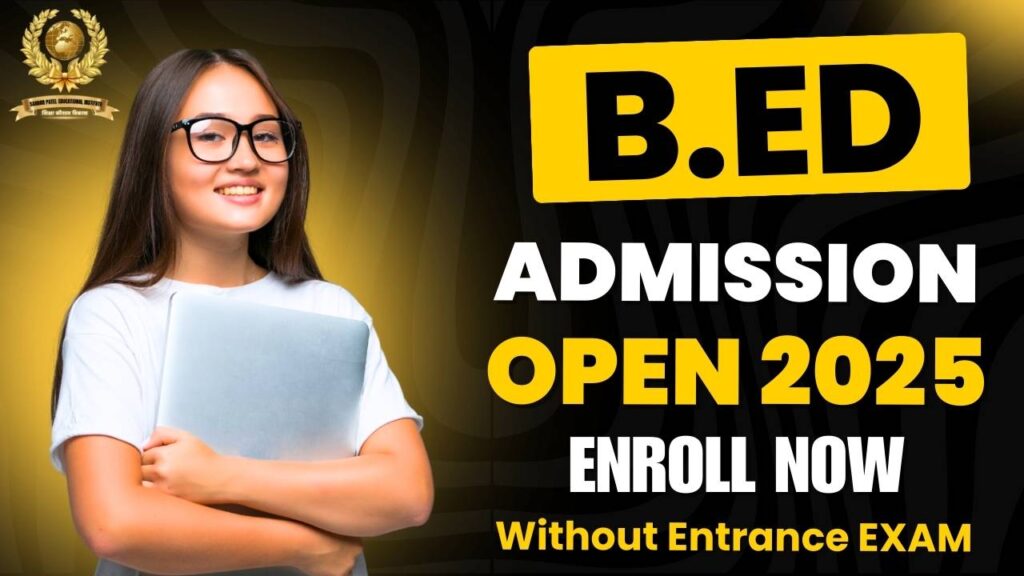School of Allied Medical Sciences
The School of Allied Medical Sciences is dedicated to training professionals in a variety of healthcare support disciplines that complement medical practice. Offering a range of programs, this school is ideal for individuals passionate about contributing to patient care through specialized technical and therapeutic skills in allied health fields.
Program Offerings
- Diploma Programs: 1-2 years (e.g., Diploma in Medical Laboratory Technology, Diploma in Operation Theatre Technology)
- Undergraduate Degrees: 3-4.5 years (e.g., BSc in Physiotherapy, BSc in Radiology and Imaging Technology)
- Certificate Courses: 6 months to 1 year (e.g., Certificate in Emergency Trauma Care, Certificate in MRI Technician)
- Part-Time Options: Available for select programs, depending on institution
Objective
The School of Allied Medical Sciences aims to:
- Develop expertise in diagnostic, therapeutic, and technical healthcare skills.
- Enhance proficiency in using advanced medical equipment and patient care techniques.
- Train students in specialized areas such as laboratory technology, physiotherapy, and imaging.
- Prepare graduates to support physicians and improve patient outcomes in diverse healthcare settings.
Who Should Join This School?
This school is perfect for:
- Individuals aspiring to become allied health professionals like lab technicians, physiotherapists, or imaging specialists.
- Those aiming to work in hospitals, diagnostic centers, or rehabilitation facilities.
- People passionate about healthcare support roles and patient well-being.
Teaching Methodology
We emphasize a practical and student-centric approach:
- Interactive Lectures: Delivered by experienced faculty and healthcare experts.
- Hands-On Learning: Clinical training, lab practice, and internships in real healthcare settings.
- Guest Lectures: Insights from allied health professionals and medical practitioners.
- Group Projects: To foster teamwork, problem-solving, and practical application.
Career Opportunities
Graduates can explore roles such as:
- Medical Laboratory Technician: Performing diagnostic tests and analyses.
- Physiotherapist: Assisting patients with mobility and rehabilitation.
- Radiology Technician: Operating imaging equipment like X-rays or MRIs.
- Operation Theatre Technician: Supporting surgical teams in operation theatres.
- Emergency Care Technician: Providing rapid response in trauma situations.
Industries Hiring: Hospitals, Diagnostic Laboratories, Rehabilitation Centers, Imaging Clinics, Emergency Services, and Public Health Agencies.
Why Choose This School?
- Expert Faculty: Learn from skilled educators and practicing allied health professionals.
- State-of-the-Art Facilities: Access to advanced labs, medical equipment, and simulation centers.
- Placement Support: Strong connections with healthcare institutions for internships and jobs.
- Holistic Development: Focus on technical expertise, patient care, and ethics.
- Affordable Fees: Quality education at competitive rates.
Admission Process
- Eligibility: 10+2 with Physics, Chemistry, and Biology (PCB) for diploma/degree programs; 10th or 12th for certificates (varies by program and institution).
- Entrance Exams: Institute-specific tests or merit-based admission (e.g., NEET for some programs).
- Selection: Based on academic scores, entrance performance, and counseling (if applicable).
Key Takeaways
By engaging with this school, participants will:
- Gain expertise in allied medical sciences and healthcare support.
- Be prepared to excel in specialized healthcare roles.
- Develop a foundation for further studies or advanced certifications.

